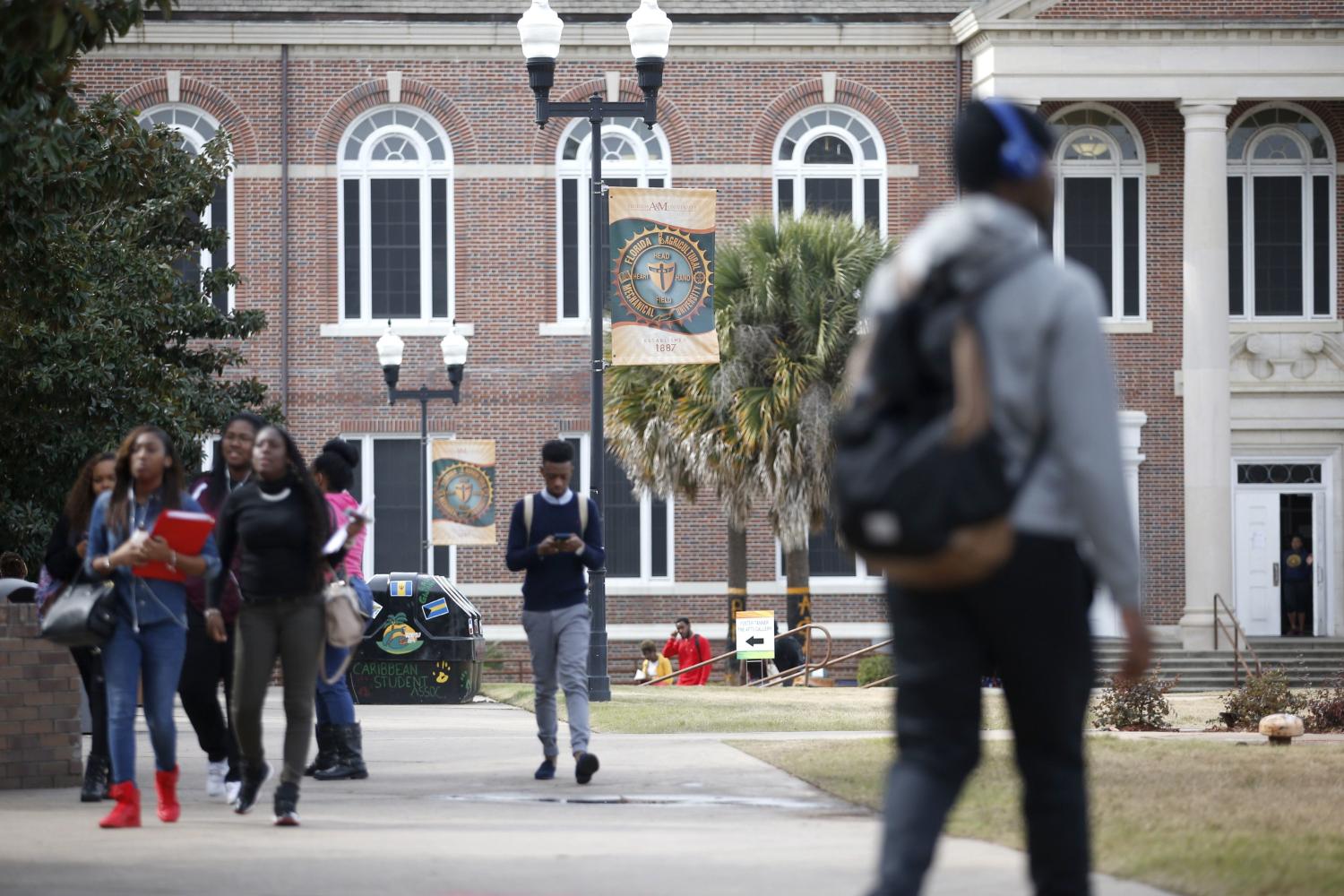This paper was written in conjunction with the Accountability in higher education event on September 8, 2020.
Choosing whether and where to attend college is increasingly one of the most important financial decisions that American consumers make. In the United States, the cost of a college education ranges widely and can be as much as the cost of buying a home. And yet, the lack of transparency in the college pricing system means that students and their families often have limited insight and ability to anticipate the cost of attending a college, especially lower-income students for whom a college’s “sticker price” often misrepresents the actual net price they would pay after accounting for grants and scholarships (Levine, 2014). The return on a college education can vary just as widely and be just as difficult to anticipate. On average, American college graduates earn 65 percent more than their high-school-edu-cated peers and enjoy better employment rates, job satisfaction, economic mobility, and health (Baum, Ma, & Payea, 2013). Yet some consumers choose to attend colleges that fail to prepare them for success in today’s job market, leaving them with high debt and low earnings (Cellini et al., 2017). This can lead to debt burdens that are unsustainable for the consumer and that become shared with the government and taxpayers.
In an effort to better support consumers in making this consequential decision, researchers and policymakers alike have advocated for informational disclosure regulations to help students, their families, and other stakeholders assess the likely financial and professional outcomes of attending a particular institution (Long, 2010). This report examines whether policies requiring institutions to disclose information about the cost and return on a college education and guiding the way that information is delivered, summarized, and presented are sufficient to help students and their families make college choices that are the best fit for their needs. First, we describe the efficacy of informational disclosure policies at improving consumer decision making across a variety of choice contexts. To do so, we examine the features that influence disclosure effectiveness: the ease or difficulty of accessing information, the content of information, and the presentation of that information. Next, we look specifically at the efficacy of existing disclosure policies at supporting college choices and how key features contribute to their success or failure. Finally, we offer recommendations for the role that disclosures should play in supporting college choices and how they should be designed to maximize their value.
Read the full report here.
Nick Ducoff is the cofounder and CEO of Edmit, a for-profit company that provides software for financial education related to college costs. Walter McHugh is an advisor to Edmit. Other than the aforementioned, the authors did not receive financial support from any firm or person for this article or from any firm or person with a financial or political interest in this article. Other than the aforementioned, they are currently not officers, directors, or board members of any organization with an interest in this article.
The Brookings Institution is committed to quality, independence, and impact.
We are supported by a diverse array of funders. In line with our values and policies, each Brookings publication represents the sole views of its author(s).








